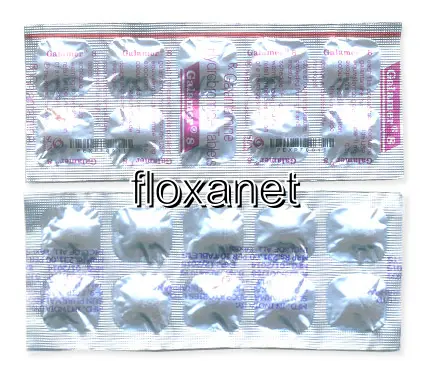| Package | Dosage | Price | Price per Dose | |
|---|---|---|---|---|
| Dosage: 4mg | ||||
| 90 Pill | 4mg | CAD433.66 | CAD4.81 | |
| 60 Pill | 4mg | CAD301.10 | CAD5.02 | |
| 30 Pill | 4mg | CAD157.17 | CAD5.25 | |
| Dosage: 8mg | ||||
| 90 pill | 8mg | CAD944.99 | CAD10.49 | |
| 60 pill | 8mg | CAD655.24 | CAD10.91 | |
| 30 pill | 8mg | CAD378.74 | CAD12.61 | |

Galantamine Description
Overview of Galantamine
Galantamine is a natural alkaloid that is primarily used for its cognitive enhancing properties. It is commonly prescribed for the management of mild to moderate Alzheimer's disease. This medication works by increasing the levels of neurotransmitters in the brain, aiding in memory retention and mental clarity. As a result, many patients experience a noticeable improvement in daily functioning and overall quality of life.
How Galantamine Works
Galantamine functions as a reversible inhibitor of the enzyme acetylcholinesterase. This enzyme is responsible for breaking down acetylcholine, a neurotransmitter essential for learning and memory. By inhibiting acetylcholinesterase, galantamine helps to elevate acetylcholine levels, promoting better communication between nerve cells. Additionally, galantamine has a positive allosteric effect on nicotinic receptors, which further enhances neurotransmitter release and improves cognitive processes.
Benefits and Effectiveness
Patients who take galantamine usually report an improvement in memory, attention, and reasoning skills. While it does not cure Alzheimer's disease, it can slow its progression and help manage symptoms. Clinical studies have demonstrated that users of galantamine often experience better daily functioning and fewer behavioral disturbances. The medication can also improve mood and reduce agitation in some cases, making it a valuable part of therapy for neurological disorders involving cognitive decline.
Proper Use and Dosage
Galantamine is typically available in the form of tablets, capsules, or oral solution. It is generally prescribed to be taken once or twice daily, with doses adjusted according to individual response and tolerance. It is important to follow your healthcare provider’s instructions closely. Starting with a low dose helps minimize side effects, and gradually increasing the dose allows the body to adapt to the medication. Consistency is key to maximizing its effectiveness.
Possible Side Effects
Like all medications, galantamine may cause side effects in some users. Common adverse reactions include nausea, vomiting, diarrhea, dizziness, and fatigue. Some individuals may experience loss of appetite or weight. Serious but less common side effects can involve cardiovascular symptoms such as bradycardia or heart block. It's crucial to report any unusual or severe symptoms to your healthcare provider promptly. Regular monitoring can help manage or prevent adverse effects.
Precautions and Interactions
Patients with certain medical conditions, such as liver or kidney problems, should inform their healthcare provider before starting galantamine. Also, it may interact with other medications, especially other cholinergic agents, anticholinergic drugs, or medications that affect the heart. Combining galantamine with these drugs can lead to increased side effects or reduced effectiveness. Pregnant and breastfeeding women should discuss risks and benefits with their doctor before use.
Summary
Galantamine remains a valuable treatment option for those with Alzheimer's disease and other cognitive impairments. It offers hope by improving mental functions and helping patients retain independence longer. As with any medication, proper dosing, awareness of potential side effects, and regular medical supervision are essential to ensure safe and effective use. Its role in enhancing quality of life makes it a significant choice for managing neurodegenerative conditions.
